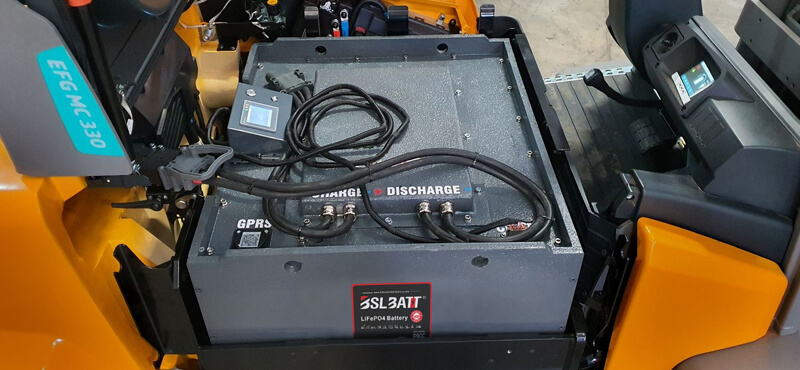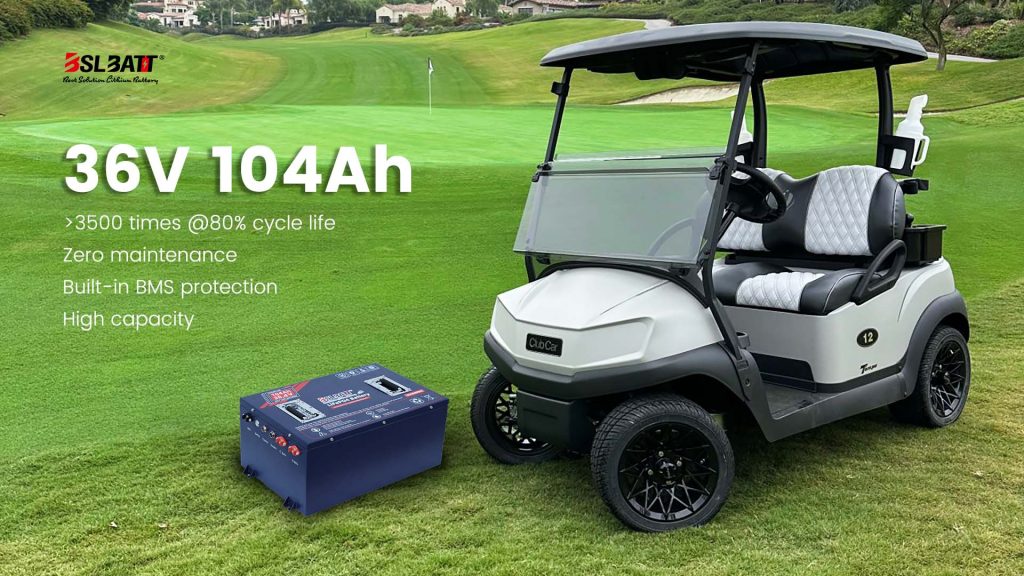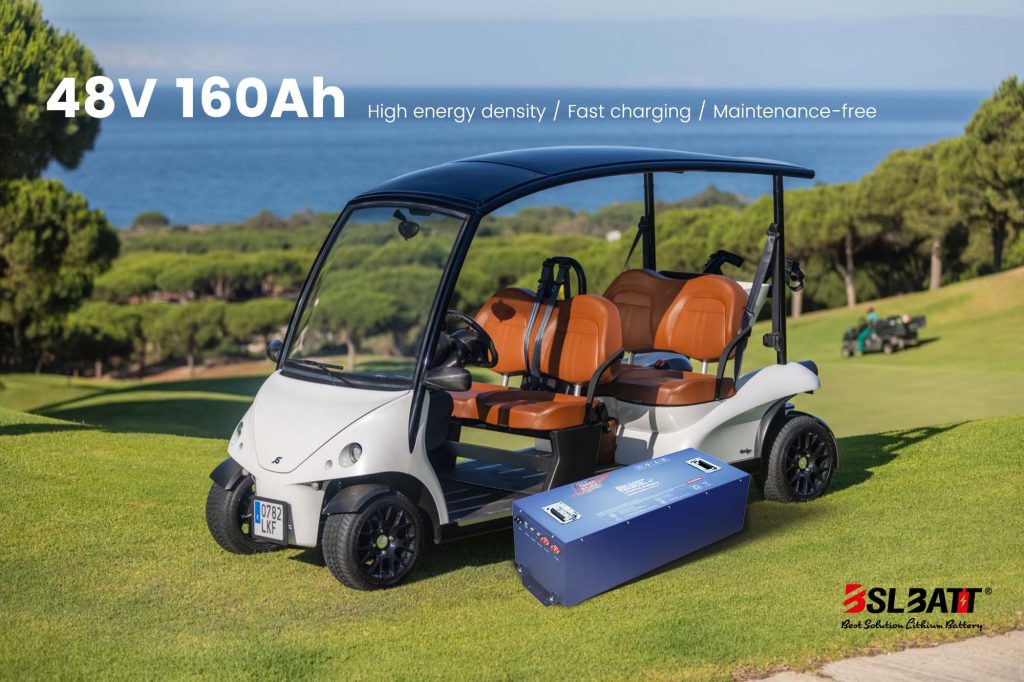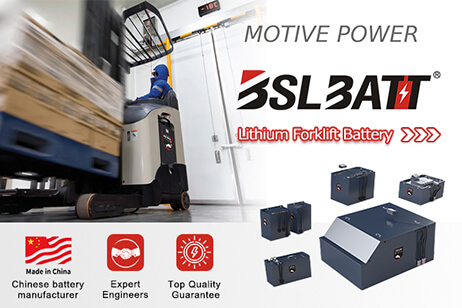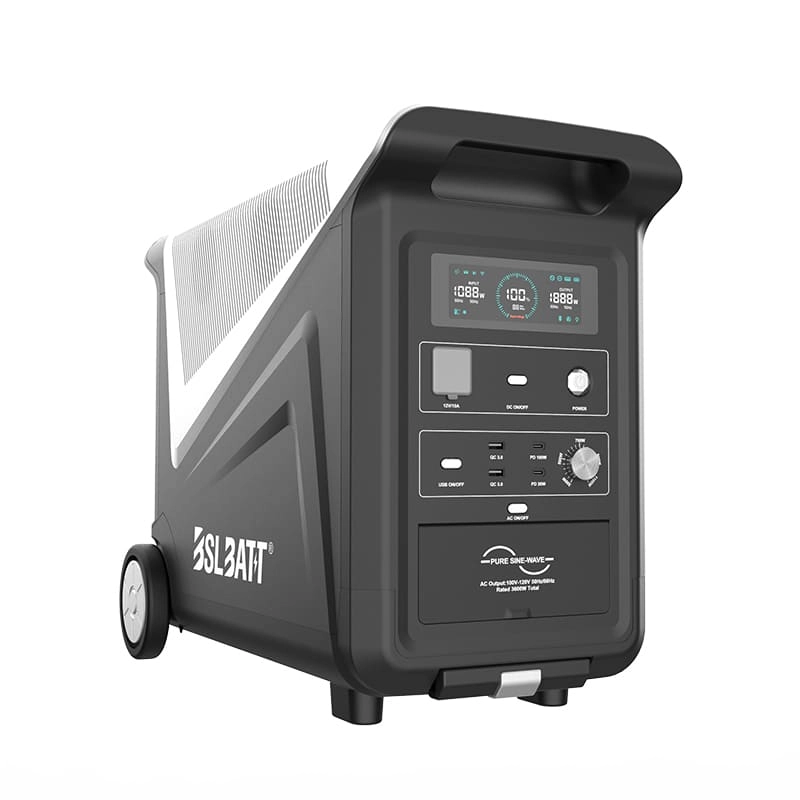Industry Application
Product Type
Best Practices for Maintaining Lithium-Ion Battery Health
Maintaining Lithium-Ion Battery Health
Lithium-ion batteries are widely used in various electronic devices, including smartphones, laptops, and electric vehicles, due to their high energy density and long-lasting performance. However, improper usage and neglect can lead to reduced battery life and performance. This article aims to provide guidelines on how to keep your lithium-ion battery healthy, ensuring optimal performance and longevity.
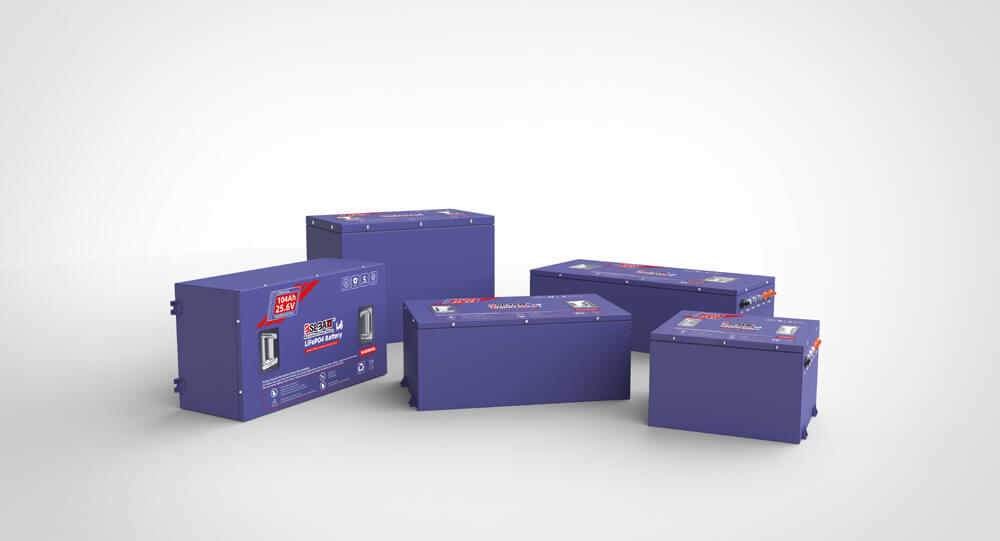
Use Partial Discharge Cycles:
To maintain Lithium-ion battery health, it is recommended to use partial discharge cycles rather than fully discharging or fully charging the battery. Regularly discharging the battery to around 20-30% of its capacity before recharging can help prolong its lifespan and prevent overworking the battery cells.
Avoid High Charge and Discharge Currents:
High charge and discharge currents generate excessive heat, which can damage the Lithium-ion battery. It is advisable to use chargers and devices that support moderate charging and discharging currents, matching the specifications recommended by the device manufacturer.
Avoid Very Deep Discharges:
Deep discharges, where the Lithium-ion battery is completely drained, can cause irreversible damage to lithium-ion battery. It is crucial to avoid letting the battery reach extremely low charge levels. Recharge the battery when it reaches around 20-30% capacity to prevent deep discharges.
Limit the Battery Temperature:
Exposing lithium-ion battery to high temperatures can significantly degrade their performance and lifespan. Avoid exposing devices with lithium-ion batteries to direct sunlight, hot environments, or leaving them inside a parked car on a hot day. Optimal operating temperatures for most lithium-ion batteries range between 20-25 degrees Celsius (68-77 degrees Fahrenheit).
Avoid Charging Lithium Batteries to 100% Capacity:
Charging lithium-ion batteries to their maximum capacity constantly can contribute to battery degradation over time. Instead of charging to 100%, it is recommended to stop charging the battery around 80-90% to reduce stress on the battery and prolong its overall lifespan.
Avoid Overcharging:
Overcharging a lithium-ion battery can lead to excessive heat generation and potential damage to the battery cells. To prevent overcharging, it is essential to use chargers that are specifically designed for lithium-ion batteries and have built-in safeguards to stop charging when the battery is fully charged.
Avoid High Moisture:
Moisture and excessive humidity can adversely affect lithium-ion battery performance. Ensure that your devices and batteries are kept in dry environments and avoid exposing them to moisture or water sources.
Use an Appropriate Battery Charger:
Using a charger that matches the specifications of your lithium-ion battery is crucial for maintaining battery health. Chargers that are specifically designed for lithium-ion batteries provide the optimal charging profile and help prevent overcharging or excessive heat generation.
Conclusion:
By following these best practices, you can ensure the longevity and optimal performance of your lithium-ion battery. Regularly using partial discharge cycles, avoiding high charge and discharge currents, limiting the battery temperature, avoiding charging to full capacity, preventing overcharging, minimizing exposure to high moisture, and using appropriate battery chargers are all essential steps in keeping your lithium-ion battery healthy. By implementing these guidelines, you can maximize the lifespan and efficiency of your replacement golf cart batteries, ultimately enhancing your overall user experience.
A Guide to Choosing the Best 48V Lithium Golf Cart Battery
Would it be worth investing in a 48V ...
10 Exciting Ways To Use Your 12V Lithium Batteries
Back in 2016 when BSLBATT first began designing what would become the first drop-in replacemen...
BSLBATT Battery Company Receives Bulk Orders from North American Customers
BSLBATT®, a China Forklift battery manufacturer specializing in the material handling indust...
Fun Find Friday: BSLBATT Battery is coming to another great LogiMAT 2022
MEET US! VETTER’S EXHIBITION YEAR 2022! LogiMAT in Stuttgart: SMART – SUSTAINABLE – SAF...
Looking for new Distributors and Dealers for BSL Lithium Batteries
BSLBATT battery is a fast-paced, high-growth (200% YoY ) hi-tech company that is leading the a...
BSLBATT to Participate at MODEX 2022 on March 28-31 in Atlanta, GA
BSLBATT is one of the largest developers, manufacturers, and integrators of lithium-ion batter...
What makes the BSLBATT the Superior Lithium Battery for your Motive Power needs?
Electric forklift and Floor Cleaning Machines owners who seek the ultimate performance will fi...








